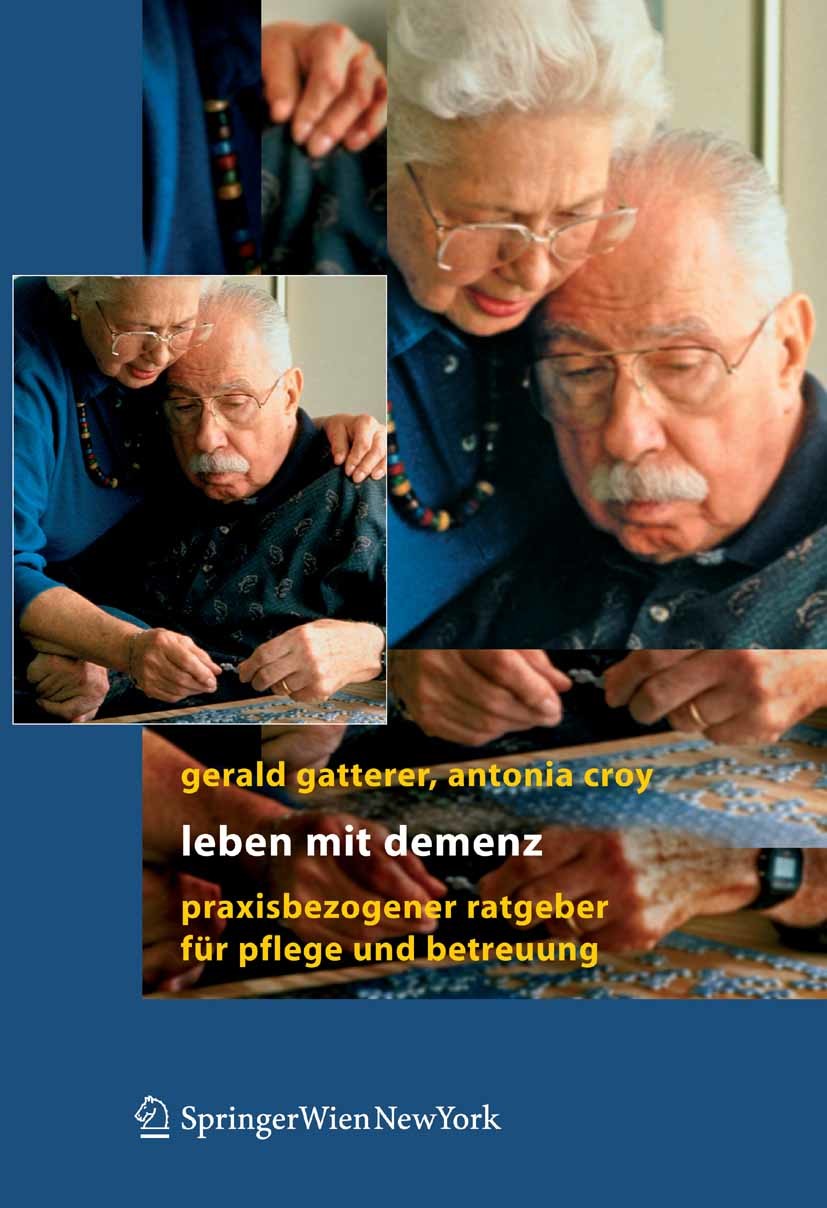Patient-Centered Primary Care
Getting From Good to Great
| Auflage | 1. Auflage, 2019 |
| Verlag | Springer-Verlag |
| ISBN | 9783030176457 |
Produktbeschreibung
There have been great strides made in designing the administrative structures of patient-centered care, but it is still difficult to design truly patient-centered clinical routines that the entire healthcare team can enact. The kind of partnership, in which patients are fully part of the team that guides their own care, goes against so much of the training and socialization of health professionals and, for that matter, the expectations of many patients. This is particularly true for patients we sometimes call 'complex.' In other contexts, we call them 'high utilizers,' 'disadvantaged,' 'heartsink patients,' or 'people with trauma histories.' Blount calls them 'multiply-disadvantaged' patients. To successfully serve these patients requires our best versions of team-based care, including behavioral health and care management team members, though every member of the team needs help in engaging these patients and mutual support in adapting to the rapid changes in roles that new team approaches are creating. This book offers a summary of the approaches that are currently in growing use, such as health literacy assessment, motivational interviewing, appreciative inquiry, shared decision making, minimally disruptive care, trauma informed care, enfranchisement coaching, relationship-centered care, and family-informed care. Finally, it offers a transformative method, based on familiar elements, that is Transparent, Empowering, Activating, and Mutual: the T.E.A.M. Way.
Alexander Blount is Professor of Clinical Psychology at Antioch University New England and Professor Emeritus of Family Medicine and Psychiatry at the University of Massachusetts Medical School. He is one of the original thought leaders of integrated behavioral health and has published widely on improving the structure of primary care. At Antioch, he developed the Major Area of Study in Behavioral Health Integration and Population Health. He has been a leader in developing the behavioral health workforce for integrated primary care, including both clinicians and other team members, in New Hampshire.
Dr. Blount comes from a position as Professor of Family Medicine and Psychiatry at the University of Massachusetts Medical School where he founded and directed the Center for Integrated Primary Care. Dr. Blount has been practicing, as a clinician, trainer, administrator, author, teacher and consultant for over 40 years. He has been a behavioral health clinician in primary care for almost 20 of those years. He is a member of the National Integration Academy Council guiding the Integration Academy of the Agency for Health Research and Quality. His books include Integrated Primary Care: The Future of Medical and Mental Health Collaboration, published by W. W. Norton. He is Past President of the Collaborative Family Healthcare Association, a national multidisciplinary organization promoting the inclusion of mental health services in medical settings, and he is past Editor of Families, Systems and Health, the Journal of Collaborative Family Healthcare.
Foreword written by Frank DeGruy, MDFrank Verloin deGruy III, M.D., M.S.F.M., is the Woodward-Chisholm Professor and Chair of the Department of Family Medicine at the University of Colorado School of Medicine, a position he has held since 1999. Dr. deGruy has served as President of the Collaborative Family Healthcare Association and President of the North American Primary Care Research Group. He is on the Board of Directors of the National Network of Depression Centers and the Family Physicians' Inquiries Network. He chairs the National Integration Academy Council and sits on the board of the Colorado Institute of Family Medicine. He has been a member of the Institute of Medicine since 2008.



